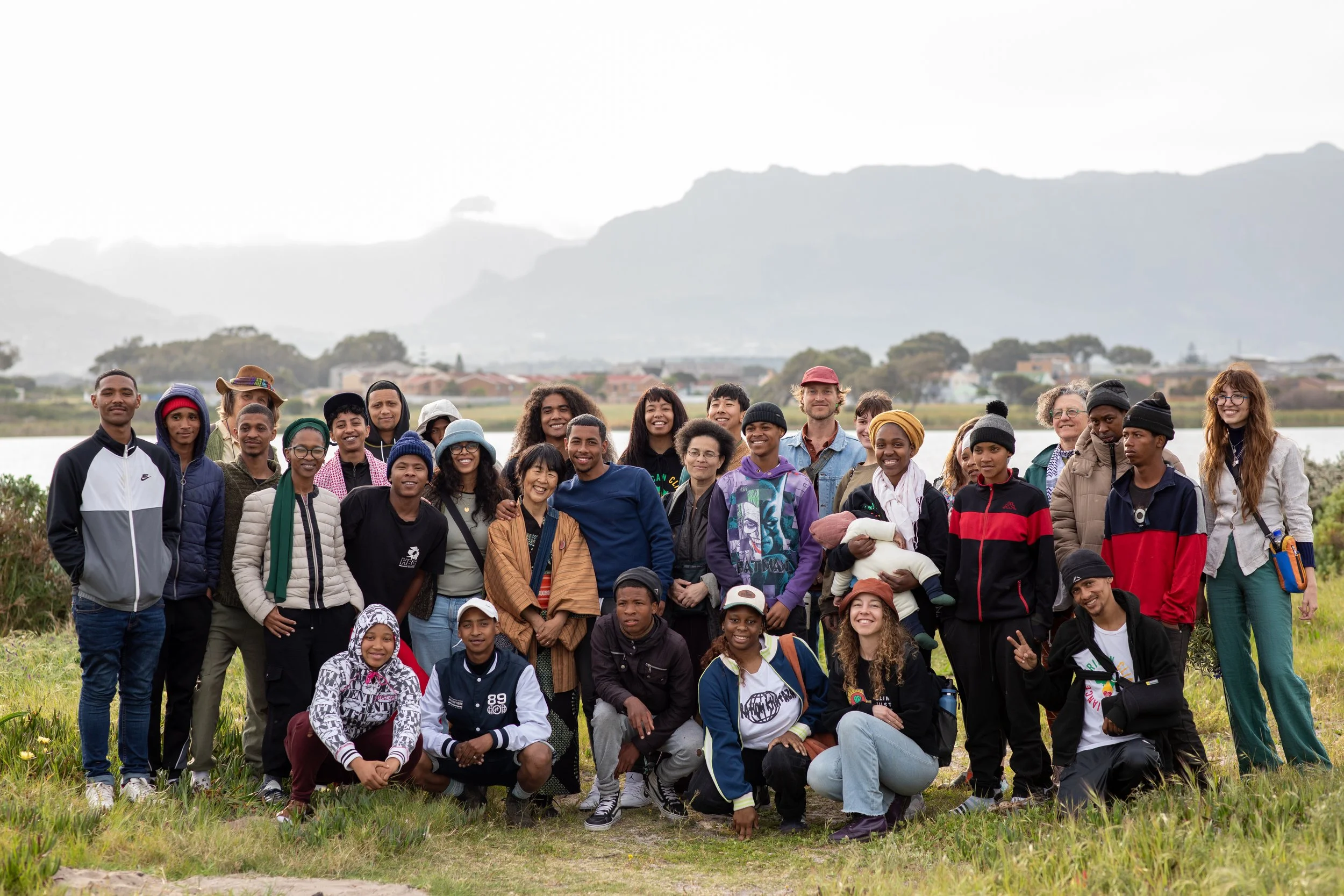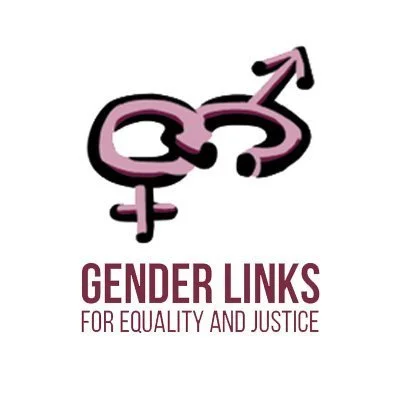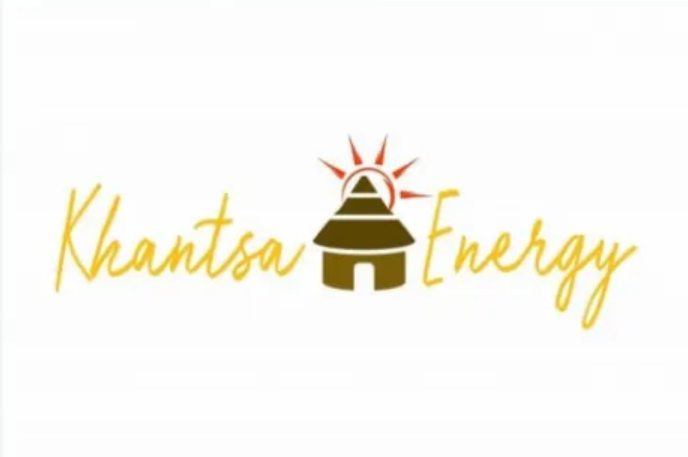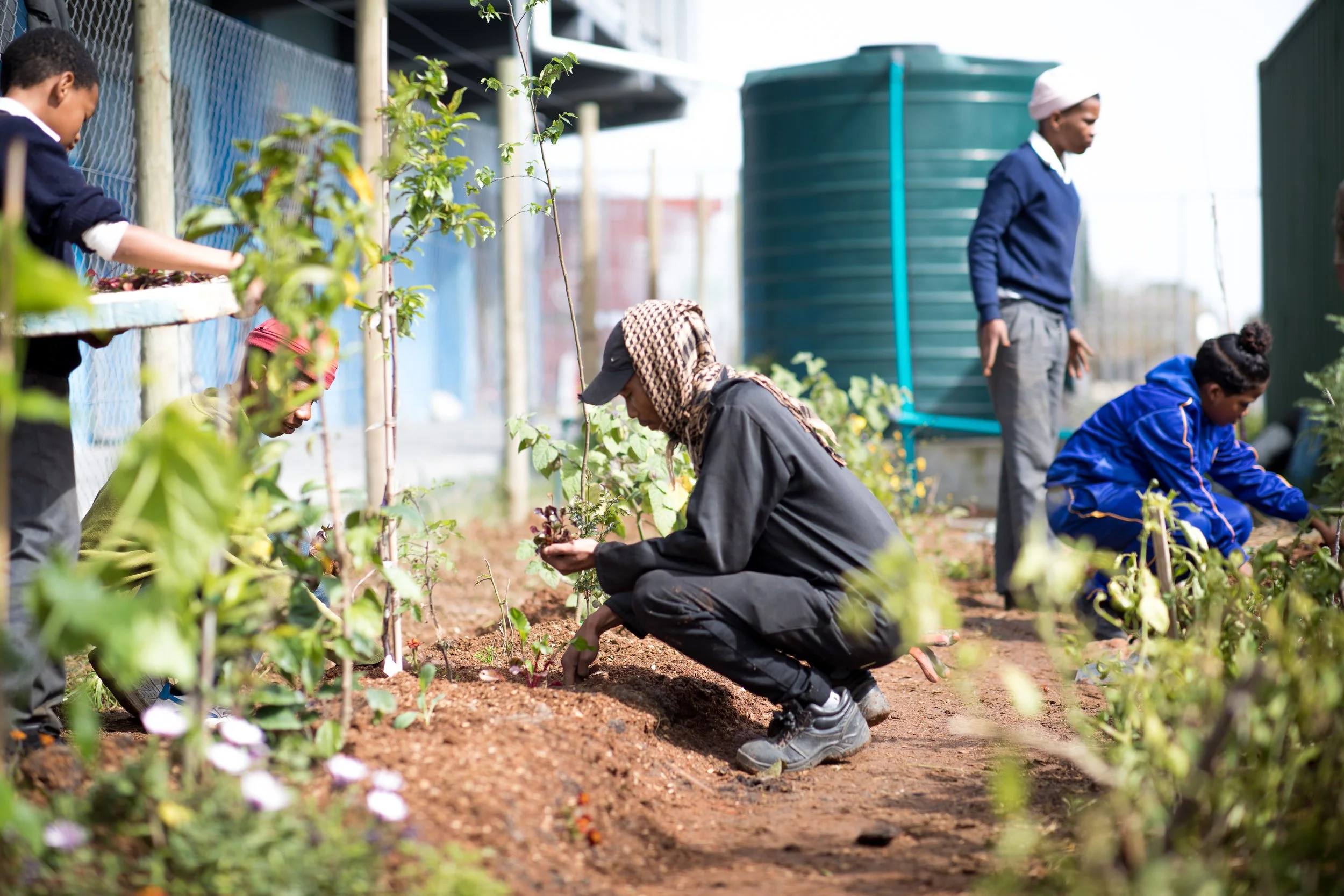

Johannesburg
Climate Week
22—27 September 2025
A week of city-wide climate action
WHAT IS IT ALL ABOUT?
The first-ever Johannesburg Climate Week is a city-wide pilot programme of events led by grassroots organisations tackling our most urgent crises: climate change, energy insecurity, food and water inequity, spatial injustice, and gender-based violence.
This isn’t another round of talks in boardrooms. This inaugural Johannesburg Climate Week will bring together activists, community leaders, students, and citizens who will share ideas, plant the first-ever forest in Soweto, watch screenings, and move around the city – exploring how climate change is deeply connected to social justice in South Africa.
Participants will journey through different areas of the city and witness how climate change is a threat amplifier. When the floods come, it’s those worst affected by Apartheid spatial planning that lose their homes. When the droughts come, our food and water are at risk.
Citizens, and the youth, can’t wait for governments to waste time at conferences and talk shops – we can and should be bringing adaptation and resilience to our own communities, now.
WHAT IS THE AIM?
Sometimes, these problems feel too big to tackle. But, by learning about alternative forms of transport, housing, urban planning, energy systems, food growing, water resilience and gender-inclusive policy, overwhelm will be turned into collective grassroots action.
The aim is to create a sense of curious, active citizenry and prove that there are many ways to care for our planet, communities, and generations to come. Ultimately, taking climate action has positive social impacts.
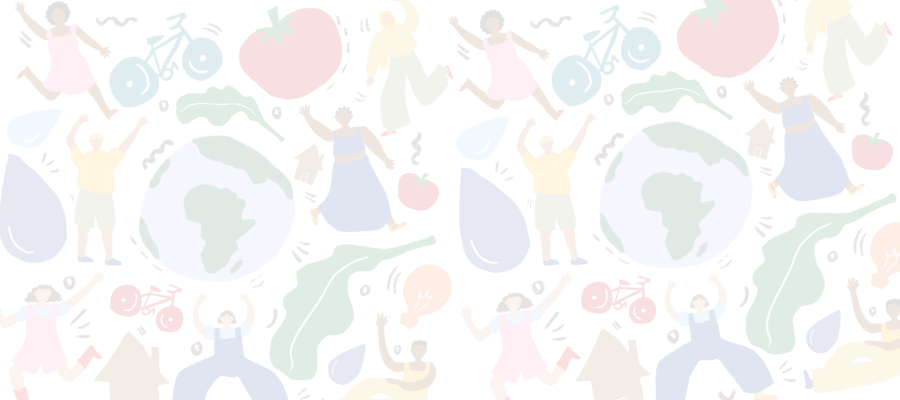
2025 THEMES
ENERGY JUSTICE | WATER JUSTICE | FOOD JUSTICE | SPATIAL JUSTICE | GENDER JUSTICE | INTERGENERATIONAL SOLIDARITY
By exploring the 6 thematic areas, Johannesburg Climate Week 2025 aims to promote dialogue, collaboration and, fun, and dynamic action towards building a sustainable and just future in South Africa. This will be done through teach-ins, screenings, plantings, and workshops.
Download our Climate Week educational resource booklet below to learn more about each of these themes and how they are connected to climate justice.
2025 PROGRAMME
MONDAY, 22 SEPTEMBER
ENERGY JUSTICE IMBIZO + SCREENING: CHILDREN AND YOUTH VOICES FOR ENERGY JUSTICE
Join us for a youth-led celebration of the Cancel Coal court case victory – the first-ever climate change court case let by youth against the South African government – and the launch of a national campaign for procedural justice, demanding that children and youth have a real and meaningful say in climate and energy decisions that affect their lives.
The day will feature a screening by Politically Aweh to ground the conversation in youth-led activism, followed by a debate-style teach-in bringing together children, youth, civil society, legal experts, and decision-makers to answer: Can energy justice be achieved without meaningful children and youth participation?
Time: 09:00-14:30
Location: Ubuntu Hub, 163 Smit Street, Braamfontein
WEDNESDAY, 24 SEPTEMBER
ROOTING JUSTICE: PLANTING SOWETO’S FIRST MIYAWAKI FOREST
On Heritage Day, communities from Alexandra and Soweto will unite to plant the Ithuba Unity Forest at a school in Soweto. This event is a living demonstration of spatial justice, transforming school grounds into a thriving Miyawaki pocket forest and a sacred space for healing and learning.
The initiative is led by Mzanzi Organics and the Etsoseng Foundation (through its Ithubelisha girls' programme), who conceived this vision of unity. It is generously funded by SUGi, a global leader in community-led rewilding. The name "Ithuba" (Opportunity) was chosen by the girls of Ithubelisha, symbolizing the new opportunities this forest represents.
This is more than tree planting; it is a radical act of community care. It reclaims urban space, restores ecological dignity, and plants seeds of hope for a shared future. The day will blend the physical work of planting with storytelling, dialogue, and art, culminating in a celebration of music, dance, and culture to honour our shared heritage.
Time: 09:00-15:00
Location: Soweto (exact location provided to those who RSVP)
FRIDAY, 26 SEPTEMBER
INTERSECTING FUTURES: GENDER & CLIMATE JUSTICE IN AFRICA
Join us for this engaging workshop as we deepen our understanding of how climate change impacts people differently across gender and intersecting identities in African contexts. Through dialogue, participatory activities, and co-creation, participants will critically examine how patriarchy, colonialism, and inequality shape vulnerability and resilience. This is not just a conversation, it is a youth-led call to action, fostering inclusive and gender-responsive climate strategies, and inspiring collective commitment to weave gender justice into the fabric of climate action.
Time: 10:00-15:30
Location: Gender Links, 30 Gill Street, Observatory









